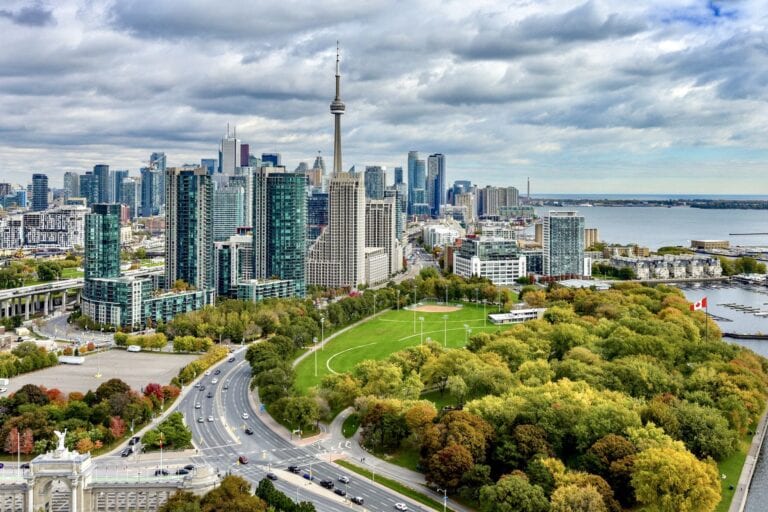The Canadian government is considering tighter travel restrictions with a possible international outbound travel ban.
According to CTV News, the Prime Minister Justin Trudeau, is keen on strengthening the measurements, if necessary.
Government officials are particularly concerned about the new, more contagious coronavirus strain, which was initially discovered in the U.K.
“We will continue to look at various variants, various geographies, and make sure we’re taking the right decisions and the right measures to keep Canadians safe,” the Prime Minister said at a press conference in Rideau Hall, Ottawa, on Friday, January 15.
The first case of the variant in Canada was confirmed on December 26 in Durham, Ontario. Since then, it has been detected in other provinces as well.
Three cases of the new strain have been found north of Toronto with no links to international travel. That raised significant concerns about the more infectious variant already spreading within the community.
The Public Health Agency of Canada has recorded that less than 2% of all COVID-19 cases in the country originates from international travel. Despite the fact, British Columbia is also seeking legal advice to introduce its own travel ban.
In December 2020, Canada halted flights to the U.K. and Brazil because of the new mutation. However, the ban was lifted after imposing stricter entry requirements.
From January 7, all passengers must submit a negative PCR or LAMP test no older than 72 hours before boarding a flight to Canada. In some cases, there is a 96-hour allowance due to lack of testing capacity or availability.
Additionally, all travelers have to quarantine for fourteen days after arriving in Canada.
Regarding the COVID-19 situation in the country, Canada has reported 708,619 coronavirus cases and 18,014 deaths. There are 75,281 active cases at the moment.
Public health officials have also initiated the vaccination process. So far, they have authorized the Pfizer-BioNTech and Moderna vaccines, which both require two doses.
Around 1.4% of the Canadian population has received at least one dose, with priority given to the elderly, health workers, and adults in Indigenous communities.
Until now, 31,161 people have been fully vaccinated.


